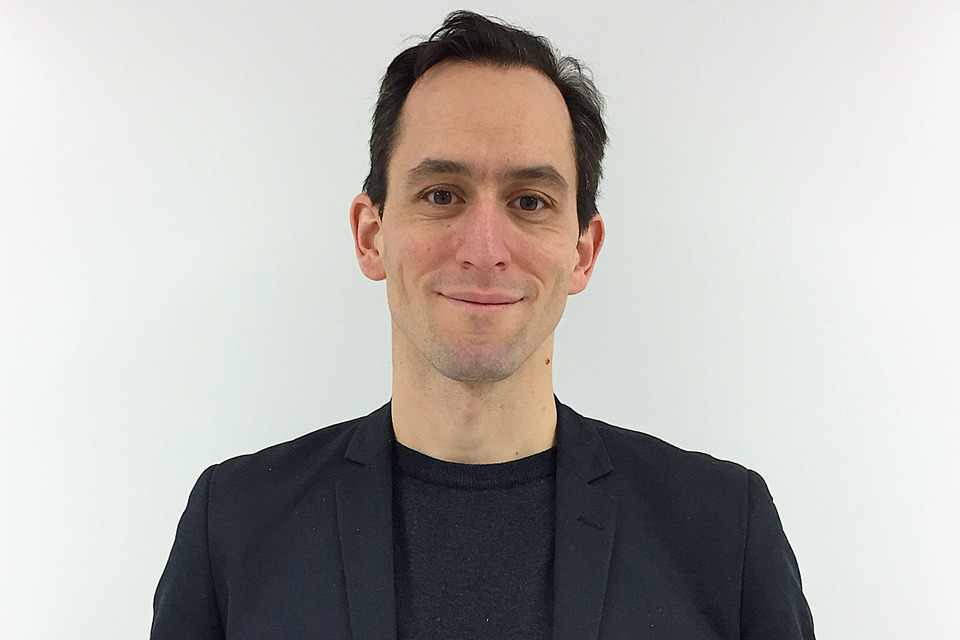Dr. Richard Naud, a researcher at the University of Ottawa Brain and Mind Research Institute (uOBMRI), has been contributing to the mapping of the human brain. His navigation technique: computer-based simulations that work to decipher the language of the brain.
“My research applies mathematical tools and frameworks that help us understand neuroplasticity and how neurons communicate with each other,” says Dr. Naud.
Recently, in collaboration with Dr. Alexandre Payeur and Dr. André Longtin at the uOttawa Faculty of Science Department of Physics, Dr. Naud discovered a new piece of the puzzle about the brain, published in one of the most prestigious physics journals, Physical Review X, titled “Noise Gated by Dendrosomatic Interactions Increases Information Transmission.”
At the cellular level in the brain, noise exists amongst the neurons. His findings show that noise at the cellular level of the brain plays a key role in enabling complex communications while using very low amounts of energy. Even though noise can corrupt strong signals between neurons, it can also help the detection of weaker brain signals that would otherwise go unnoticed and the brain seems to know how to control and utilize this variability to save energy.
“The nervous system might, therefore, know a way to turn an opponent into an ally,” says Dr. Naud. “By developing computer simulations of a population of nerve cells, we showed that variability of noise can be controlled by interactions within each nerve cell in a manner that enhances information transformation.”
While this study helps us to better understand the uncharted territory of the brain, it might also help in the future development of computer technology.
“The brain reliably processes a lot of information despite working in a noisy environment and we have pinpointed a way it does so while remaining remarkably energy efficient,” he adds. “Borrowing from the way the brain is able to use low energy to perform vastly complicated functions, this insight may lend to how society designs and engineer mobile and electronic devices to require less energy and prolong battery life.”

